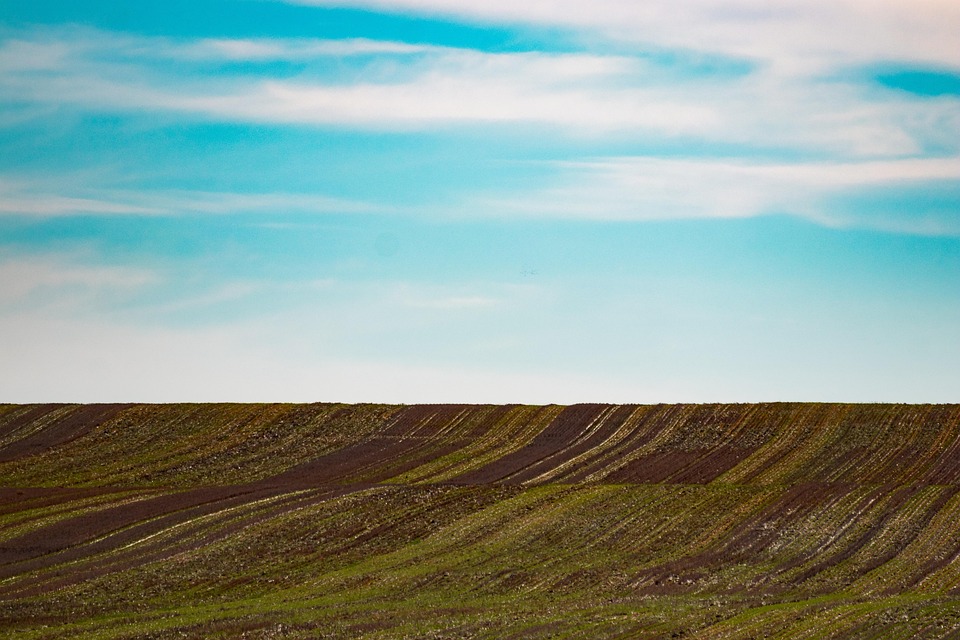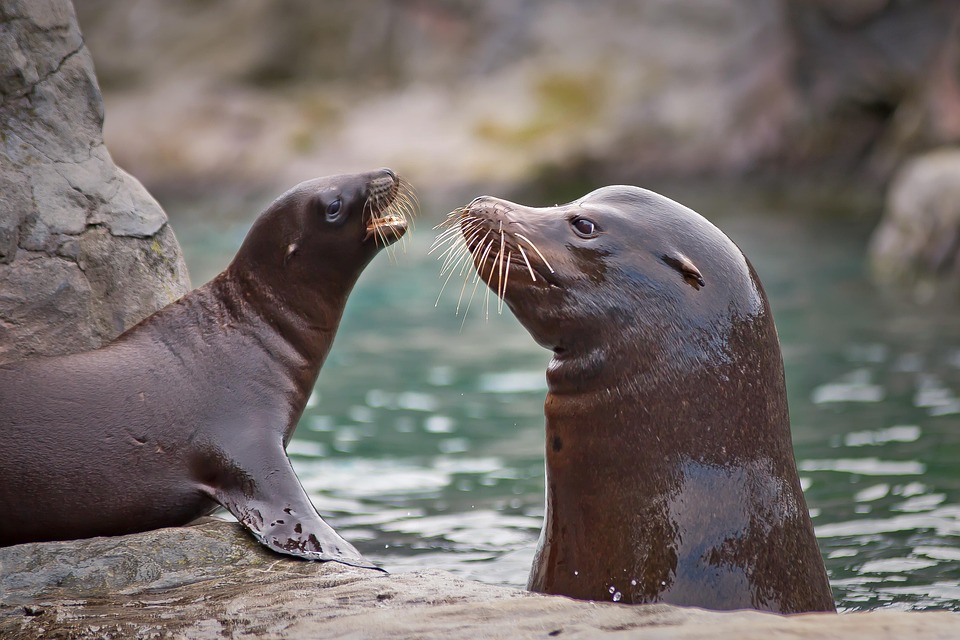The Role of a Countryside Officer: Skills and Responsibilities
In an era where the natural environment is increasingly under threat, the role of a Countryside Officer has never been more pivotal. These professionals serve as the guardians of our rural landscapes, ensuring the delicate balance between conservation and public access. With a growing shortage of skilled individuals in this field, the prospects for those considering a career as a Countryside Officer are both promising and rewarding.
1. Key Skills Required
The breadth of expertise required for a Countryside Officer extends beyond mere academic qualifications. Here are some essential skills that define success in this role:
-
Ecological Knowledge: A profound understanding of local ecosystems and biodiversity is fundamental. Officers must be able to identify species and habitats, assess their health, and advocate for their protection. Knowledge of conservation laws and policies also plays a crucial role.
-
Communication Skills: Engaging with the public, local communities, and various stakeholders is a daily task. This requires not only clarity in conveying complex information but also the ability to inspire and motivate others towards conservation efforts.
-
Project Management: Countryside Officers often spearhead conservation projects, necessitating strong organisational skills. From planning to execution, the ability to manage resources effectively and meet deadlines is vital.
-
Problem-Solving Abilities: Rural areas often present unique challenges, from managing human-wildlife conflict to addressing the impacts of climate change. A Countryside Officer must be adept at thinking on their feet and finding creative solutions.
2. Responsibilities of a Countryside Officer
The responsibilities of a Countryside Officer are as varied as the landscapes they manage. Here are some core duties:
-
Conservation Management: Developing and implementing management plans for protected areas is a cornerstone of the role. This can involve habitat restoration, species monitoring, and the enforcement of conservation regulations.
-
Community Engagement: Building relationships with local communities fosters a sense of stewardship. Officers often organise educational programmes, workshops, and volunteer opportunities to encourage public involvement in conservation.
-
Policy Development: Countryside Officers play a critical role in shaping environmental policy at local and national levels. They provide expert advice to local councils and government bodies, ensuring that conservation considerations are integrated into broader land-use planning.
-
Data Collection and Analysis: Collecting and analysing data on wildlife populations, habitat conditions, and public use patterns helps inform management strategies. This scientific approach is essential for adapting practices to meet the needs of both nature and society.
3. The Future of the Profession
Despite the challenges, the future for Countryside Officers looks bright. As society increasingly values the environment, the demand for skilled professionals in this field is set to rise. The UK government’s commitment to increasing protected areas and addressing climate change further underscores the importance of this role.
However, with opportunities come questions. How can potential candidates prepare for this demanding yet fulfilling career? What training pathways exist, and how can individuals stand out in a competitive job market?
A Promising Journey Ahead
The journey towards becoming a Countryside Officer is not without its hurdles, but the intrinsic rewards are immense. For those passionate about nature and community, this career offers a unique blend of work that contributes to the greater good.
At Visajob.co.uk, we recognise the importance of supporting individuals in securing positions that require sponsorship and skilled qualifications. As you explore the opportunities within this vital sector, remember that we are here to help you navigate the complexities of finding and securing a role in the UK. Your future in the countryside awaits!




